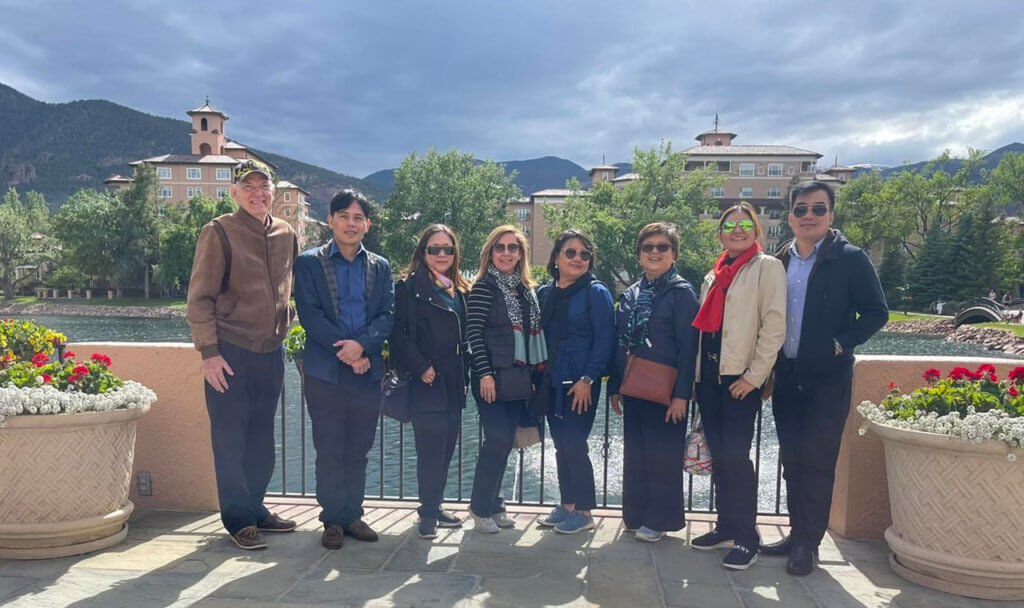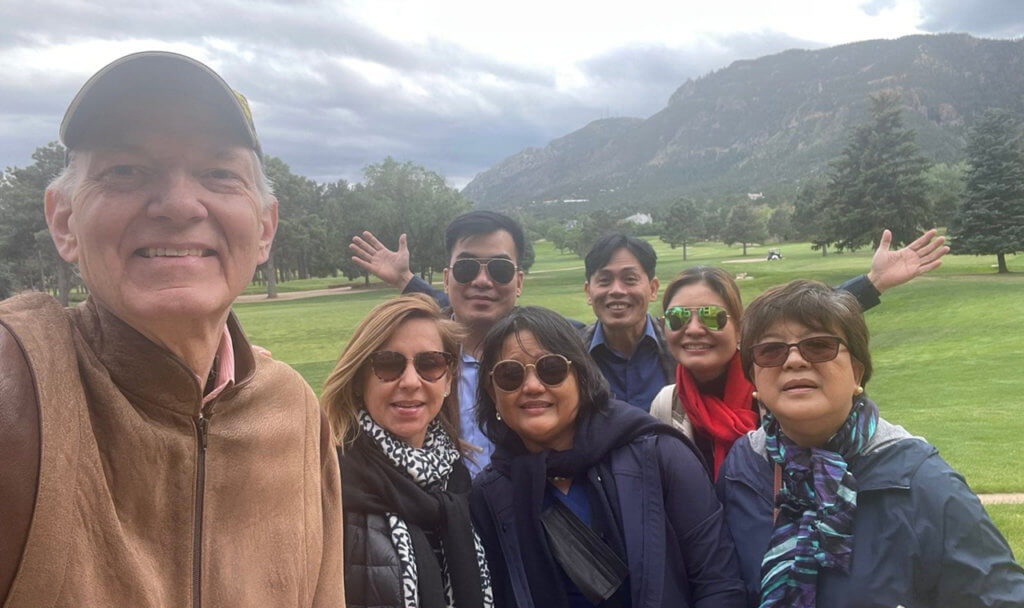I had dinner with HBS Professor Ranjay Gulati last fall, where he told me that he had finally completed his new book, “Deep Purpose”. His research revealed that companies with a deep purpose are more profitable. The book tells about several organizations he had interviewed “to understand the secrets to their success.” He explores how a company’s leadership can pursue purpose more deeply by navigating the inevitable tradeoffs more deliberately and effectively to balance between short and long-term value, among other things.
I was quite intrigued by Professor Gulati’s research that I actually read the book and purchased 500 copies of it! Subsequently, Ranjay organized a series of webinars with CEOs on the topic of “Deep Purpose” and invited me to co-organize the session with DBS CEO Piyush Gupta.
Mr. Gupta’s transformation of DBS serves as a model for how to be centered in deep purpose, get your employees highly engaged in executing that purpose, radically elevate your company’s contribution to the communities it serves, and at the same time, achieve impressive financial results.
With a deep purpose to excel in serving customers and with an appreciation for the power of digital technologies to either threaten or catapult financial institutions, Mr. Gupta set about radically transforming DBS. He re-organized the bank to make it not just customer-centric but customer-obsessed, drove the bank to be digital to the core, created a culture of continual innovation, and turned banking on its head with a strategic focus on “Making Banking Joyful”, and with the bold DBS tagline of “Bank Less, Live More.”
Not only is the DBS story one of the worst-to-first in a local market (that of Singapore), but also of taking a relatively unknown regional bank and elevating it to global status. In fact, in 2021, for the fourth year in a row, DBS was named “World’s Best Bank” by Euromoney, a leading industry publication.

In my desire to further study “Deep Purpose”, John Clements organized a “Renewal and Rejuvenation” Leadership Conference in Colorado Springs last June. We had sessions discussing Aspen Skiing, Danone, David Neeleman, Best Buy’s Corie Barry, Whole Foods, and IKEA case studies, along with the deep purpose and sustainability initiatives of these companies.
Below are some key takeaways:
- Companies (such as Aspen Skiing and IKEA) have made conscientious efforts to address sustainability issues. These efforts have included identifying the most significant ways in which their respective companies are having a negative impact on the environment and making concerted efforts to redress those situations.
- Despite these concerted efforts to address sustainability issues, the net impact appears to be modest at best.
- Deep purpose is a nice concept, but if not coupled with financial performance, you could get fired from your job, as Emmanuel Faber of Danone found out.
- It is easier for companies to have deep purpose as their founding principle (as with JetBlue and Whole Foods) than it is for long-established companies to overlay deep purpose on established enterprises (as with Danone).
- You can be a great CEO with high purpose, high energy, and high intelligence, but if you don’t know how to communicate effectively with your board of directors, you still could be out of a job (as David Neeleman of JetBlue found out).
- Boards of directors sometimes do idiotic things (as the JetBlue board did when it fired David Neeleman).

It is a real challenge to grow and yet instill that deep purpose—only a few companies have been really successful in doing so.
To learn more about our leadership programs and services, come visit the JC Leadership Institute!





